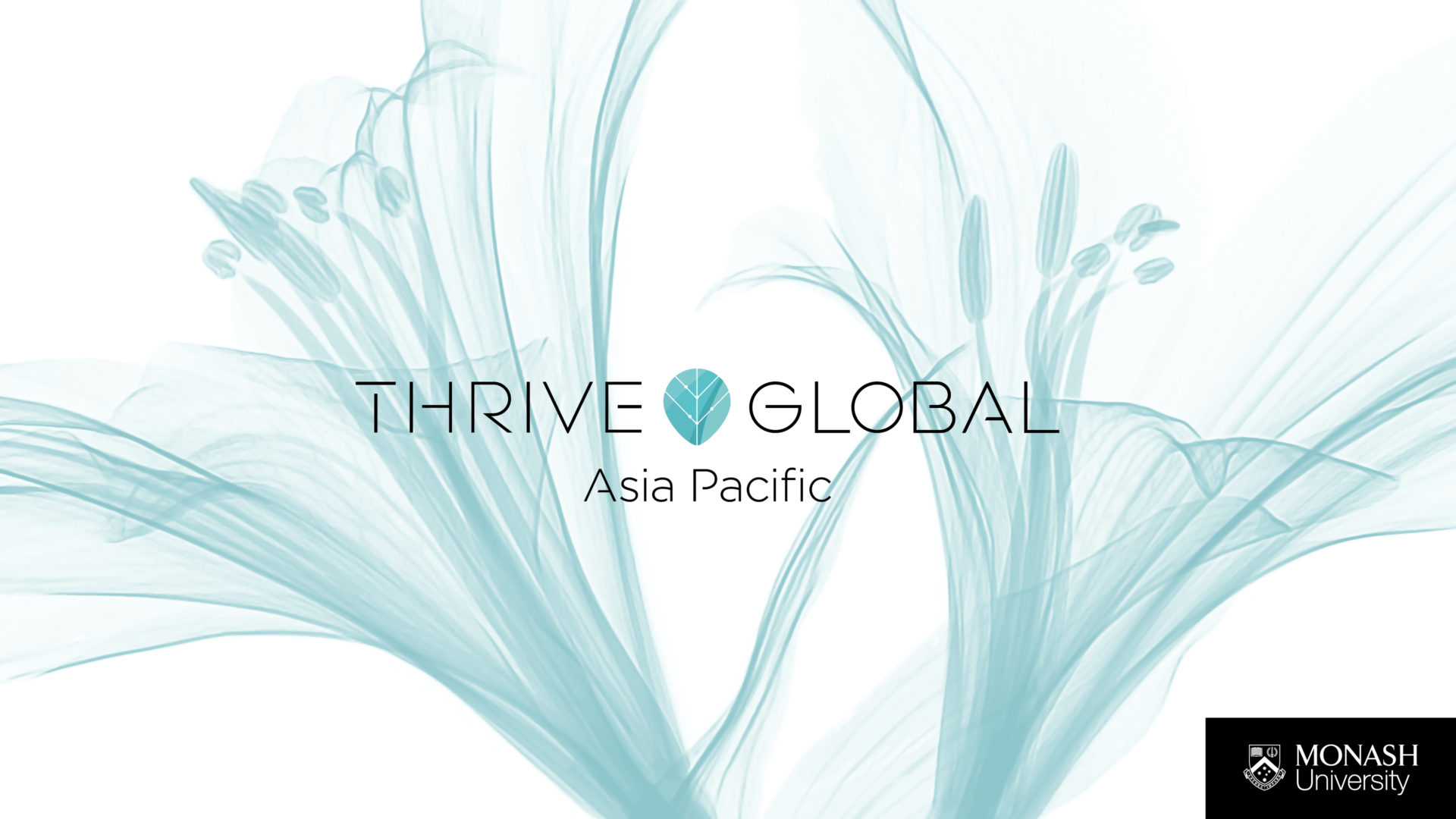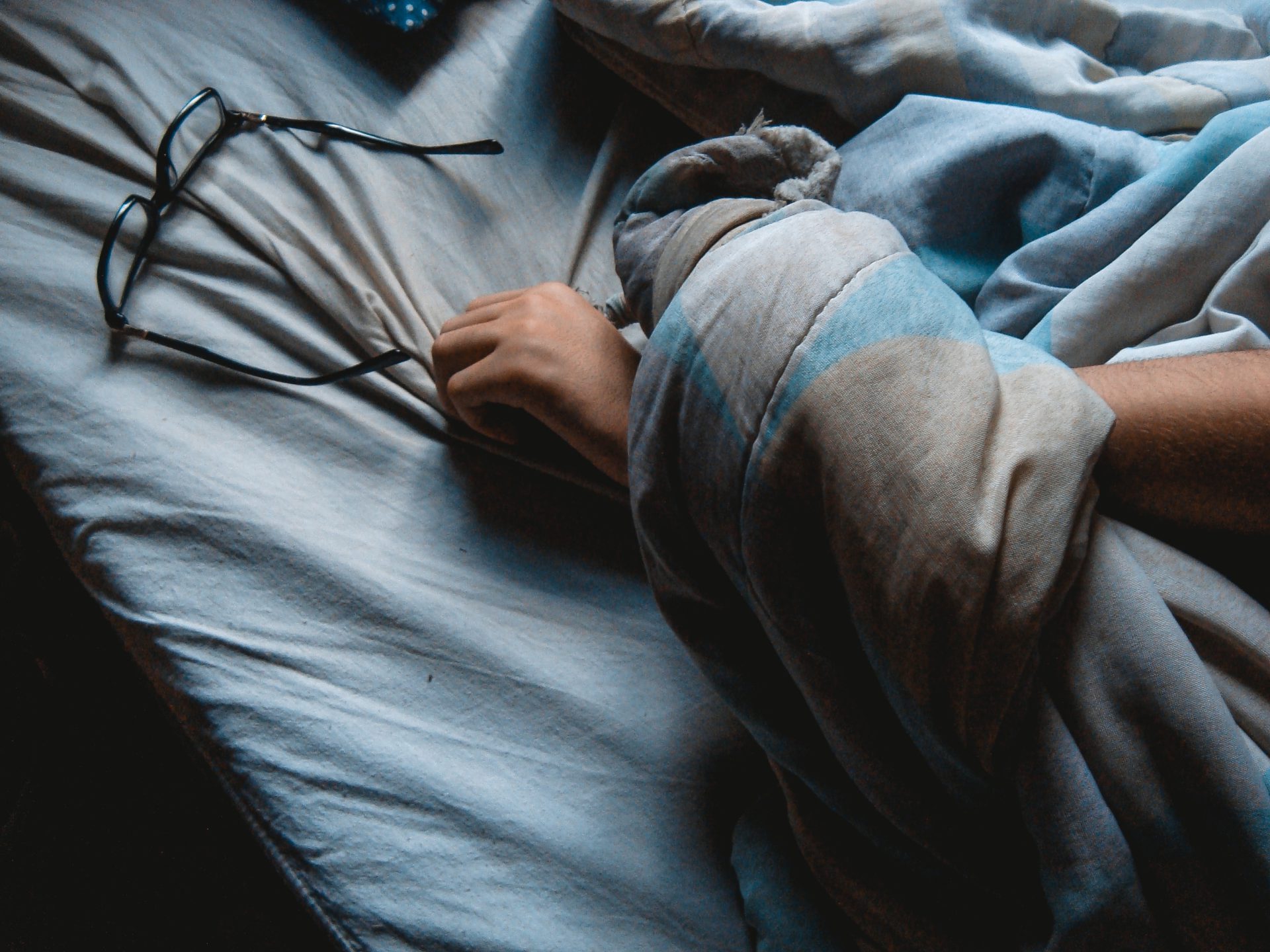Sleep is the foundation of both a strong immune system and psychological resilience – the very things we need to navigate this pandemic.
But as many of us have found, a good night’s sleep has never been harder to come by.
The following strategies will address some of the specific sleep challenges we face and help you get the sleep you need by taking Microsteps – simple, science-backed actions you can start taking right now.
Recharge throughout the day
Naturally, we associate sleep with nighttime. But one mindset shift we can make that will improve our ability to sleep when nighttime comes around is to identify Microsteps we can take throughout the day. When we devote small moments daily to recharging, we set ourselves up to get the quality sleep we need at night.
Microsteps:
Set a daily caffeine cut-off.
Taken too late in the day, caffeine hinders our ability to fall asleep. Switch to decaf after 2pm – your nighttime self will thank you.
Schedule time to go outside.
Take a walk in the sunshine, ideally in the morning, even for just a few minutes. Exposure to light is important for our physical and mental health and helps us get the sleep we need.
Block time on your calendar for movement.
Any kind of physical activity helps you sleep better so treat your exercise time like you would an important meeting or doctor’s appointment. Even taking a quick stretch between Zoom meetings helps alleviate any tension that might have built up and promotes relaxation.
Create your ideal sleep routine
If you’re spending more time at home, as so many of us are, you probably have a little more time to create a pre-bedtime routine that helps you transition to sleep with less stress and more calm.
Microsteps:
Take a warm bath or shower before you go to sleep.
Treat your transition to sleep as a sacrosanct ritual. A bath or shower eases the transition and helps you symbolically wash the day away.
Sip chamomile or lavender tea to ease yourself into sleep mode.
Drinking something warm and comforting can put you in a calm frame of mind and help you shed your stubborn daytime worries.
Read a book in bed.
Instead of a tablet, which gives off blue light and often has your emails and other problems on it, try a physical book or e-reader that has nothing to do with work (reach for a novel, biography, book of poetry or spirituality).
Mind your mental wellbeing
By getting more creative about bringing more joy, gratitude and connection to our evenings, we can see benefits for our mental health – and our sleep.
Microsteps:
Write down a list of what you’re grateful for before bed.
Writing down what you’re grateful for at the end of the day will lower your stress levels and give you a greater sense of calm at night.
Before you get into bed, escort your devices out of your bedroom.
Disconnecting from the digital world will help you sleep better, deeply recharge and reconnect to your wisdom and creativity.
Ask someone what they’re doing to take care of themselves and prioritise their sleep.
Social distancing can make us feel further apart, not just physically but emotionally. Bridge the distance with this simple question – you might learn something or find you have something in common.

Thrive Global Asia Pacific
An alliance between Thrive Global and Monash University with the mission to end the stress and burnout epidemic. The partnership brings an evidence-based approach to well-being and performance, and works with organisations to deliver programs that lift the performance, resilience, engagement and mental health of employees.
Unlock your people’s potential today
Enter your details to stay up to date with the latest news events and program updates.





